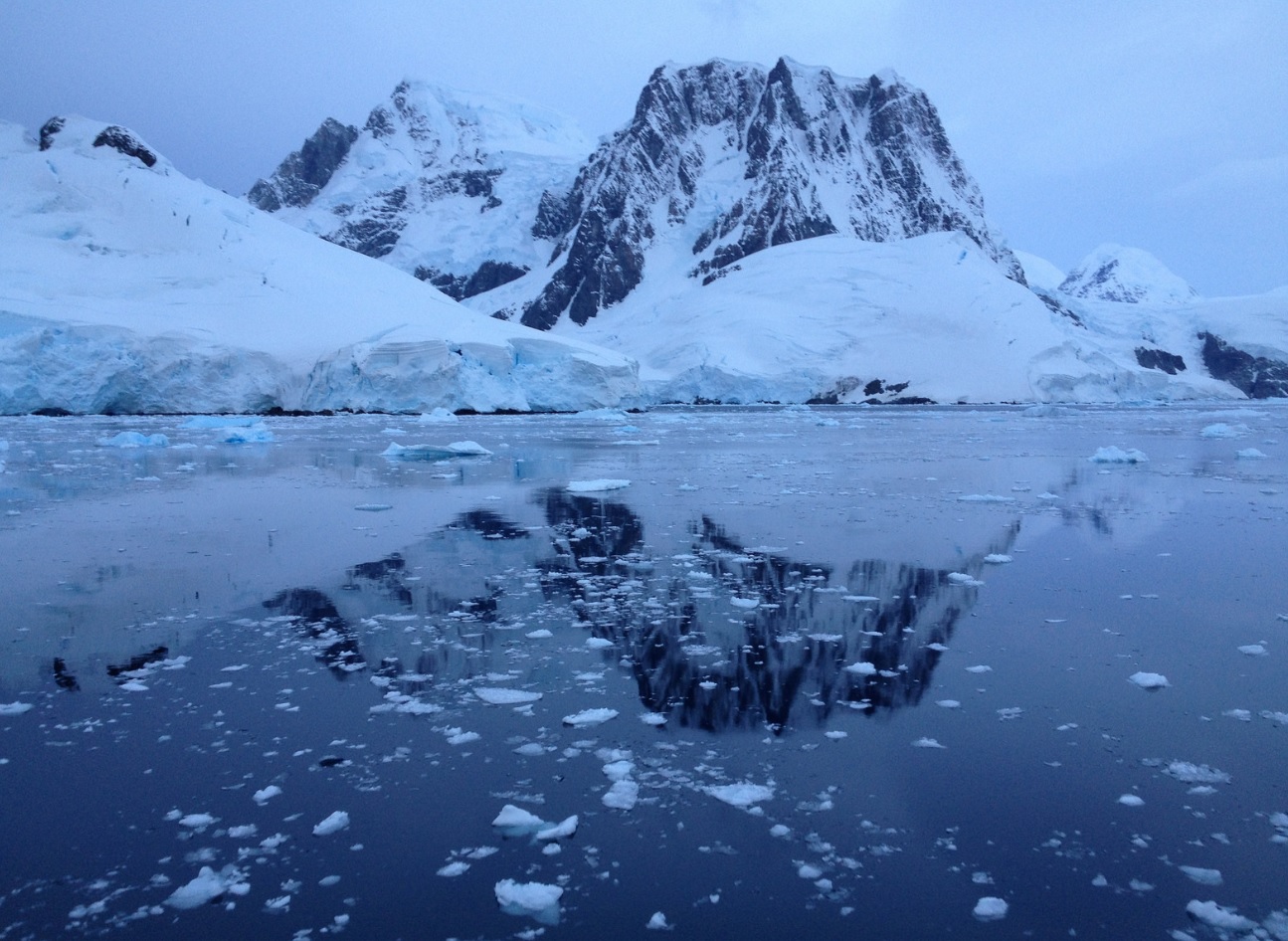Science News Roundup: Early adopters in Mexico lend their eyes to global biometric project; No quick fix to reverse Antarctic sea ice loss as warming intensifies - scientists and more
Loewith, a third-generation farmer in Lynden, Ontario, in June started artificially inseminating 107 cows and heifers with the first-to-market bull semen with a low-methane genetic trait. No quick fix to reverse Antarctic sea ice loss as warming intensifies - scientists Sea ice in the Antarctic region has fallen to a record low this year as a result of rising global temperatures and there is no quick fix to reverse the damage done, scientists said on Tuesday in a new study of the impact of climate change on the continent.

Following is a summary of current science news briefs.
Early adopters in Mexico lend their eyes to global biometric project
Eager early adopters recently descended upon a Mexico City cafe where their eyes were scanned by a futuristic sphere, part of an ambitious project that ultimately seeks to create a unique digital identification for everyone on the planet. Mexico is one of nearly three dozen countries where participants are allowing the sphere, outfitted with cameras and dubbed an orb, to scan their iris. The project's goal is to distinguish people from bots online, while doling out a cryptocurrency bonus as a incentive to participate.
No quick fix to reverse Antarctic sea ice loss as warming intensifies - scientists
Sea ice in the Antarctic region has fallen to a record low this year as a result of rising global temperatures and there is no quick fix to reverse the damage done, scientists said on Tuesday in a new study of the impact of climate change on the continent. The continent's minimum summer ice cover, which last year dipped below 2 million square kilometres (772,000 square miles) for the first time since satellite monitoring began in 1978, fell further to a new low in February, according to a study published in the journal Frontiers in Environmental Science.
The climate-friendly cows bred to belch less methane
When Canadian dairy farmer Ben Loewith's calves are born next spring, they will be among the first in the world to be bred with a specific environmental goal: burping less methane. Loewith, a third-generation farmer in Lynden, Ontario, in June started artificially inseminating 107 cows and heifers with the first-to-market bull semen with a low-methane genetic trait.
(With inputs from agencies.)










